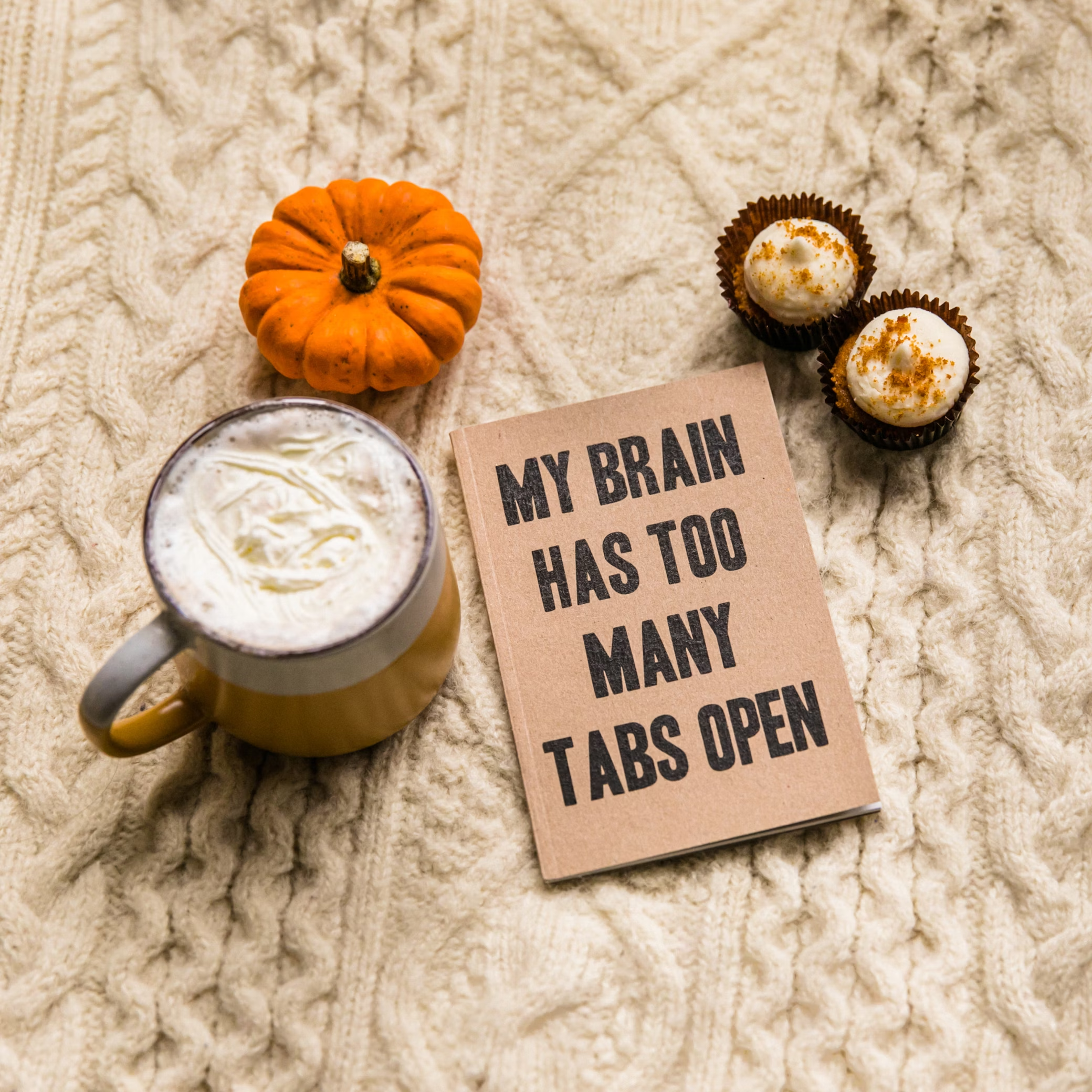Cryptic crosswords are a challenging and rewarding hobby that attracts those with sharp minds and a love for puzzles. Unlike traditional crosswords, which rely on straightforward definitions, cryptic crosswords require solvers to decipher clever wordplay, anagrams, and obscure references.
This complexity makes cryptic crosswords a stimulating mental exercise, perfect for those looking to enhance their cognitive abilities. Engaging with these puzzles regularly can sharpen your mind, improve your problem-solving skills, and expand your vocabulary.
Learn Your Anagrams
Anagrams are a key component of cryptic crosswords. An anagram is a word or phrase formed by rearranging the letters of another word or phrase, using all the original letters exactly once. For example, the word “listen” can be rearranged to form “silent.” In cryptic crosswords, clues often indicate that an anagram is involved with words like “mixed,” “shuffled,” or “rearranged.”
To excel in cryptic crosswords, mastering anagrams is essential. Tools such as word unscrambler can be invaluable for beginners. This can help you get the hang of spotting potential anagrams quickly. Over time, you’ll find yourself recognizing anagrams naturally, without the need for assistance.
Know Your Vocabulary
A robust vocabulary is crucial for solving cryptic crosswords. These puzzles often use difficult synonyms and less commonly used words to obscure the answer. This characteristic of cryptic crosswords makes them excellent for vocabulary enhancement, far surpassing the benefits of traditional crosswords.
Reading classic literature is an excellent way to build your vocabulary. Authors like Shakespeare, Dickens, and Austen used a rich array of words, many of which have fallen out of common usage but frequently appear in cryptic crosswords. By immersing yourself in these texts, you’ll become familiar with a broader range of vocabulary, giving you an edge in solving cryptic puzzles.
Practice Play on Words
Wordplay is at the heart of cryptic crosswords. Puns, double meanings, and homophones (words that sound the same but have different meanings) are commonly used to mislead and challenge solvers. To get better at spotting and understanding wordplay, regular practice is essential.
Reading extensively and educating yourself continuously can significantly improve your wordplay skills. Idioms, especially lesser-used or forgotten ones, often feature in cryptic crossword clues. Familiarizing yourself with a wide range of idiomatic expressions will help you decode these tricky clues. Additionally, books and online resources dedicated to wordplay and puns can be helpful tools for practice.
Enhance Your Knowledge
Cryptic crosswords demand a high level of general knowledge. Clues often reference a variety of subjects, including geography, history, foreign languages, military ranks, sports, and politics. To become proficient at solving these puzzles, it’s important to have a well-rounded knowledge base.
Reading newspapers and staying informed about current events is crucial. Not only does this keep you updated on world affairs, but it also helps you recognize references to contemporary topics in crossword clues. Additionally, broadening your knowledge through books, documentaries, and online courses can provide you with the background information needed to tackle a wide range of crossword clues.
Mastering cryptic crosswords is a rewarding endeavor that requires intelligence, practice, and a love for language. Whether you’re a seasoned solver or just starting, the journey to becoming proficient in cryptic crosswords is both challenging and intellectually stimulating. Embrace the challenge, keep practicing, and watch as your cognitive abilities grow stronger with each puzzle you solve.






